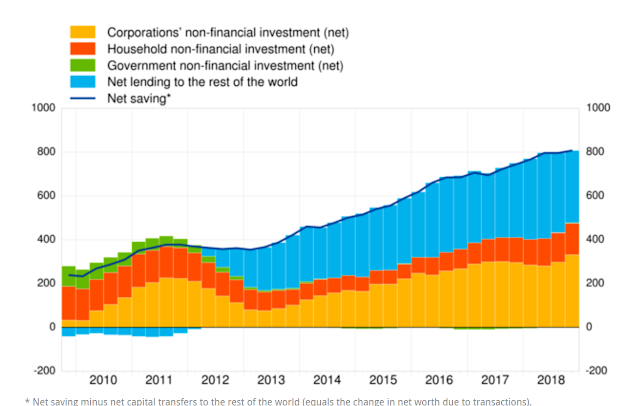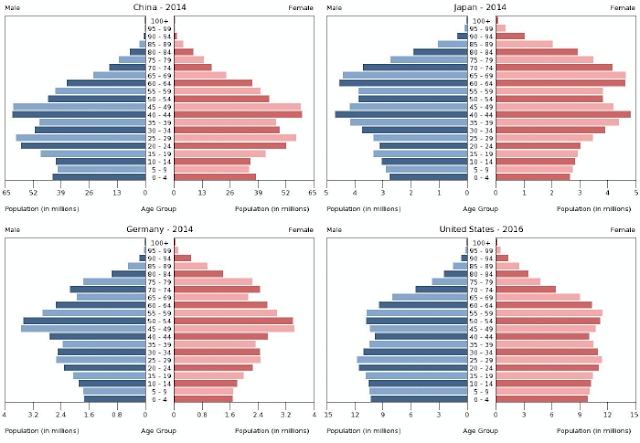Why the Tories' "put people to work" growth strategy has failed

What do you do when your economy is in the doldrums and you need to kickstart growth? Why, you put more people to work, that's what you do. This has been the Tories’ strategy since 2010. The sustained attack on welfare benefits has all been focused on “making work pay” - encouraging, and at the margin forcing, people with illnesses, disabilities and caring responsibilities into paid work. But there is another way of putting more people to work, and that is to import them. In a new report , the centre-right CPS thinktank says that importing people to kickstart growth has been the unspoken strategy of successive governments since 1997. And it argues that the strategy has manifestly failed. In my latest Substack piece , I examine the reasons the report advances for this failure, and conclude that the "put more people to work" strategy has not failed. It has in fact compensated to some degree for the catastrophic failure of innovation, capital investment and productivity si...






